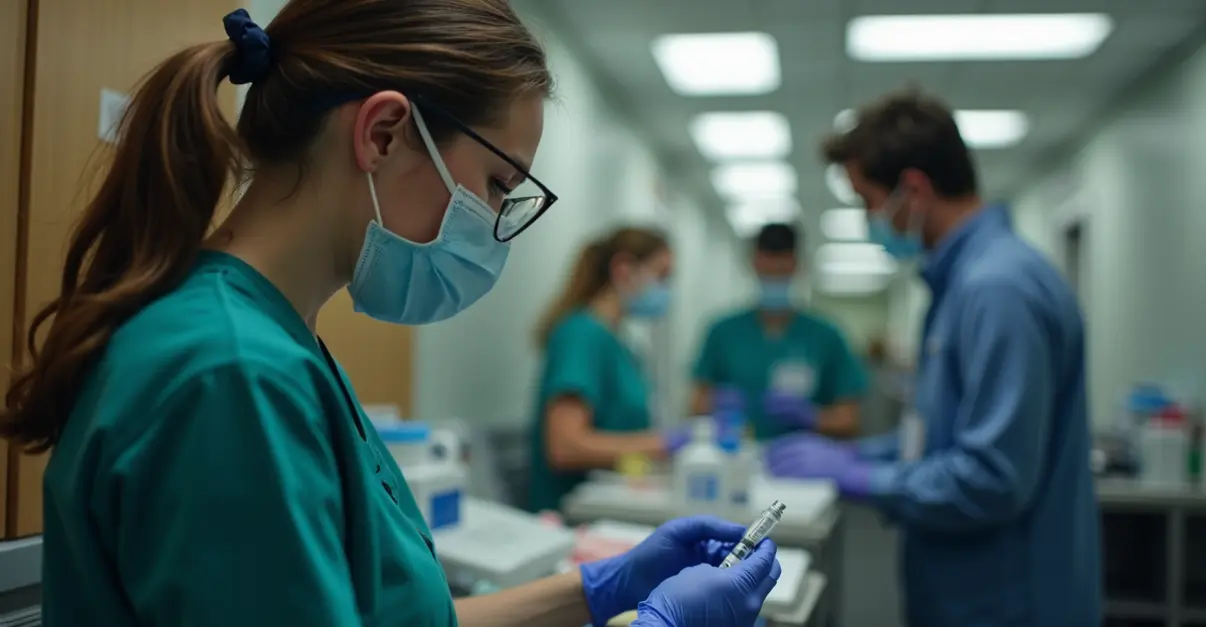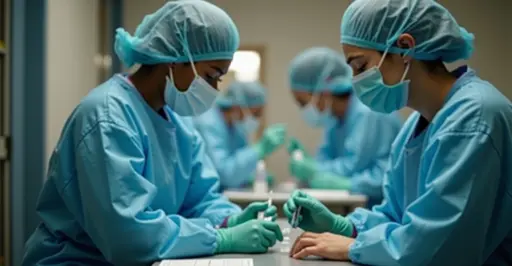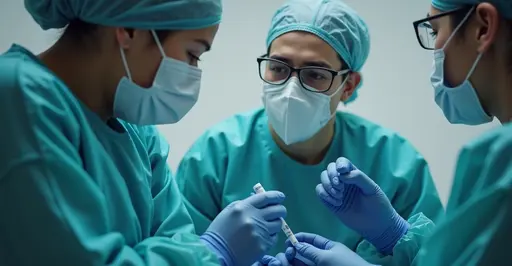
Leadership Shakeup at US Health Agency
Jim O'Neill has been appointed as the new interim director of the Centers for Disease Control and Prevention (CDC), marking a significant leadership change at America's premier public health agency. The appointment comes amid ongoing turmoil following the controversial dismissal of former director Susan Monarez, who continues to refuse her termination.
Background of New Leadership
O'Neill, who has served as Deputy Secretary of Health since June 2025, brings a diverse background to the position. Prior to his government service, he worked as a technology investor in Silicon Valley. He previously served in the Department of Health and Human Services during the George W. Bush administration, giving him familiarity with federal health operations.
Controversial Past Statements
During the COVID-19 pandemic, O'Neill was openly critical of the CDC's approach and promoted unproven COVID treatments that lacked scientific validation. However, upon assuming his deputy secretary role in June, he emphasized being "strongly pro-vaccination," a statement that contrasts with his previous positions and the views of his mentor, Health Secretary Robert F. Kennedy Jr.
Ongoing Institutional Crisis
The leadership change follows the dismissal of Susan Monarez, who was appointed by President Trump less than a month ago. Reports indicate Monarez clashed with Secretary Kennedy over vaccine policy differences. While Monarez maintained strong support for evidence-based vaccination programs, Kennedy has been known for his anti-vaccine activism before joining the administration.
Staff Reactions and Resignations
The internal turmoil has prompted three senior CDC officials to resign in protest. Staff members reportedly cheered the departing officials when they collected their belongings from the office. Dozens of angry employees staged walkouts, demonstrating the deep divisions within the agency over the new leadership direction.
Broader Political Context
This leadership shakeup occurs within the context of the Trump administration's broader policy of replacing career officials with political loyalists. The 2025 reorganization of the Department of Health and Human Services has included significant structural changes, including plans to reorient the CDC toward infectious disease programs while moving other functions to new administrative bodies.
Future Implications
The appointment raises questions about the future direction of US public health policy, particularly regarding vaccination programs and evidence-based medicine. With ongoing measles outbreaks and other public health challenges, the stability and scientific integrity of the CDC remain critical concerns for health professionals and the American public.

 Nederlands
Nederlands English
English Français
Français Deutsch
Deutsch Español
Español Português
Português







